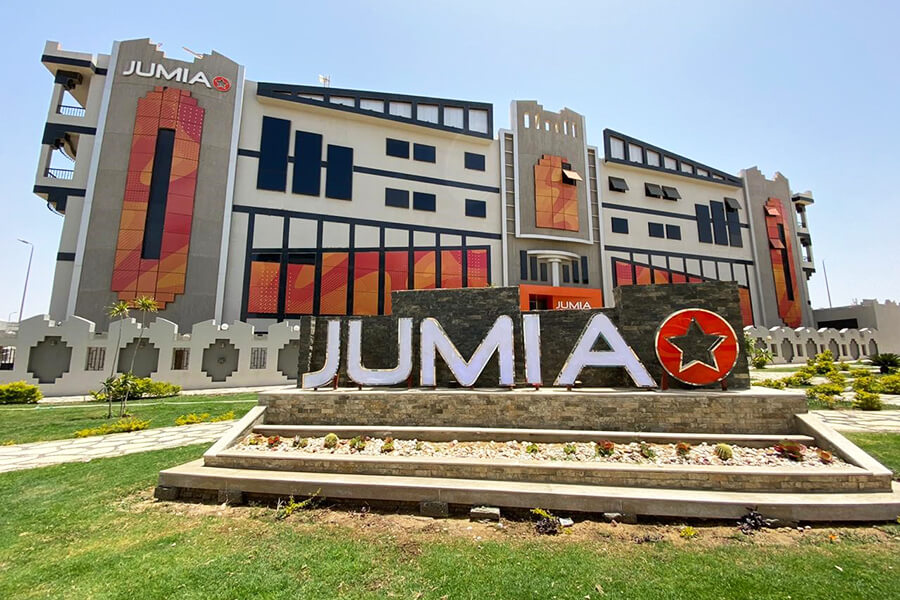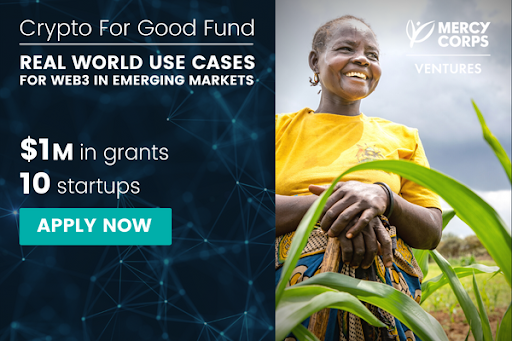Read this email in French.

IN PARTNERSHIP WITH

Happy pre-Friday 🎉
The next episode of My Startup in 60 Seconds is up!
In this episode, Simpa Dania, CEO of Nigerian healthtech Healthstack, explains how his startup saves lives by helping healthcare providers across Africa digitise healthcare operations.

Watch the episode on YouTube here.
CRYPTO MARKET

|

|

|
|---|---|---|
|
Bitcoin 
|
$23,510 |
+ 0.76% |
|
Ether 
|
$1,648 |
+ 1.74% |
|
BNB 
|
$298 |
– 1.34% |
|
Solana 
|
$22.03 |
– 0.40% |
|
|
Source: CoinMarketCap
|
|
* Data as of 04:00 AM WAT, March 2, 2023.
JUMIA LIABLE FOR FAULTY PRODUCTS
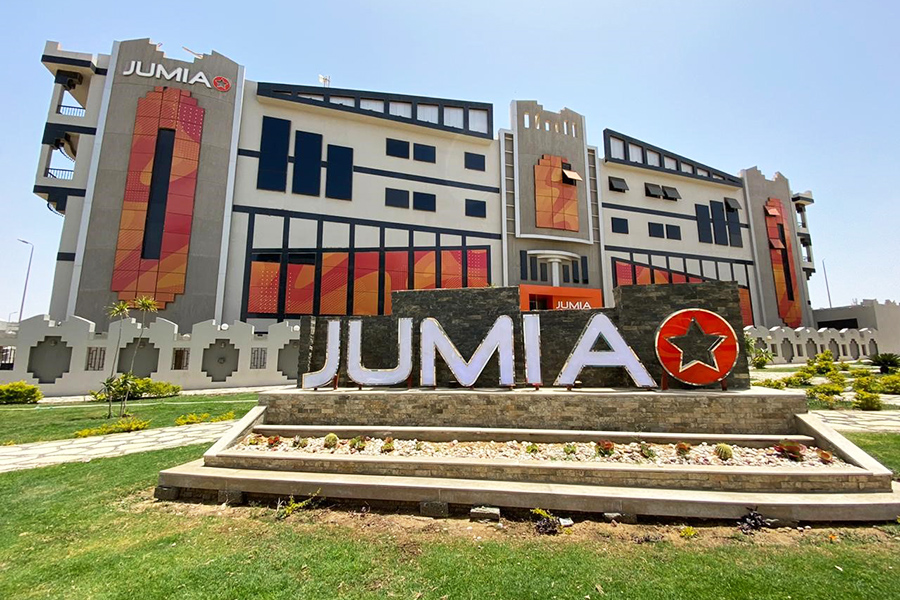
E-commerce unicorn Jumia is ending this week with some troubling news.
Recently, the Common Market for Eastern and Southern Africa (COMESA)—which regulates regional trade in sub-Saharan Africa—ruled that the company is now liable for any disputes arising from faulty products bought from third parties it hosts on its marketplace.
In 2019, while filing its initial public offering (IPO), Jumia announced that it had limited control over the products third parties sell on its platform, some of which may be harmful or fake. At the time, the company announced its return policy as its remedy for disputes over faulty or counterfeit products.
Moving forward, though, Jumia will find itself doing more than just paying for returns. It will have to verify the information sellers on its platform use. The platform will also have to disclose its legal information to customers, which will allow users sue the company.
In a statement, COMESA said, “The Commission’s observation was that Jumia was dissociating itself from the transaction when, in an actual transaction, the consumer deals only with Jumia, in that it is the one that receives the orders, payments and delivers on behalf of the seller.”
Zoom out: Similar websites like Amazon have also had similar rulings made against them. In 2020, a US judge ruled—in Bolger v Amazon—that Amazon was responsible for any damages caused by faulty products bought from third parties on its website. While Amazon, just like Jumia, claimed its platform an intermediary between third-party sellers and buyers, the courts have ruled that marketplaces have the vicarious responsibility to verify the sellers who use their platforms.
Receive money from family and friends living abroad in minutes this holiday season with $end.
Visit send.flutterwave.com and do it now!
This is partner content.
CAN A STARTUP ACT RESURRECT SA’S TECH ECOSYSTEM?

South Africa’s VC game is dropping the ball, but can a Startup Act help them score a comeback?
Despite having a tech startup ecosystem that’s worth its weight in gold, a strong economy, a bustling private sector, top-notch education, and high internet usage, South Africa is dropping the ball when it comes to investments. In fact, they’ve taken a 78% dip from the previous year. Other African countries like Tunisia, Senegal, and Ghana are catching up and climbing the funding ladder.
Some experts believe a Startup Act might just be the playbook South Africa needs.
How can a Startup Act help?
Tunisia’s venture capital influx has ballooned, and analysts say it is thanks to its Startup Act, implemented five years ago. The country went from receiving $5 million in 2017 to a whopping $26 million in 2021. It’s no surprise that people with a green currency are flocking to where the grass is greener.
Meanwhile, South Africa is putting a damper on business growth with unfriendly visa requirements and exchange controls. Experts told TechCabal that a Startup Act could offer tax breaks, employment flexibility, special skills visas, and exemptions from procurement limitations to help startups thrive. If that’s too much to ask, they think the government should at least tweak existing laws to give startups a boost.
Whichever way, South Africa needs a legal makeover.
MTN TO DISABLE NON-RICA’D SIM CARDS IN SA
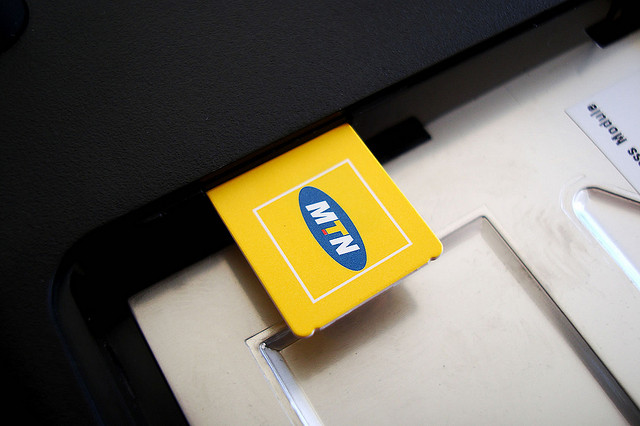
Anyone who gets a new MTN SIM card has to activate it within three days, or it’s hasta la vista, baby!
Five days ago, MTN South Africa kicked off its plan to deregister all SIM cards that have been RICA’d but not activated (DMA’d) within 72 hours.
Why is this necessary?
This is a serious step in preventing the illegal use of SIM cards. According to MyBroadband, these sales agents or distributors perform the RICA registration process on the SIM cards en masse before selling them to customers.
Sidebar: RICA is the Regulation of Interception of Communications and Provision of Communication-Related Information Act. The RICA registration process entails loading personal details such as name, surname, ID, and address onto a SIM card. According to the law, the system must match the buyer’s details, but pre-RICA’d SIM cards often have falsified information or the details of the wrong person. There’s no validation of the personal details that sales agents enter into the system, so sometimes these SIM card agents enter a mixture of random letters and numbers instead. They sell it to users who buy it because it is convenient, or because they want to use it for illegal purposes.
For illegal purposes?
Yes. If a cell phone with such a SIM card is present during a crime, the police can’t use any RICA information from identified cell phone numbers to help track down suspects. It is reportedly only about 10% of the time that they are able to link a phone number to the actual suspect.
But don’t worry, if a SIM card gets kicked out of the system due to the expiry period, it can always be RICA’d again. It’s as easy as hitting the reset button—the sales agent would simply restart the sales onboarding process using the existing SIMs.
MTN wishes to remove as many of these SIM cards from the market as possible. This new rule will encourage sales agents and customers to complete immediate activations as part of the natural sales process.
Let’s hope that those sales agents get their act together and start following the rules.
Curacel Grow helps you easily embed insurance with your products and on your platforms to build trust, increase customer loyalty and grow revenue.
Visit Curacel.co to learn more and get started.
This is partner content.
SASOL TO INVEST $53 MILLION IN GREENTECH
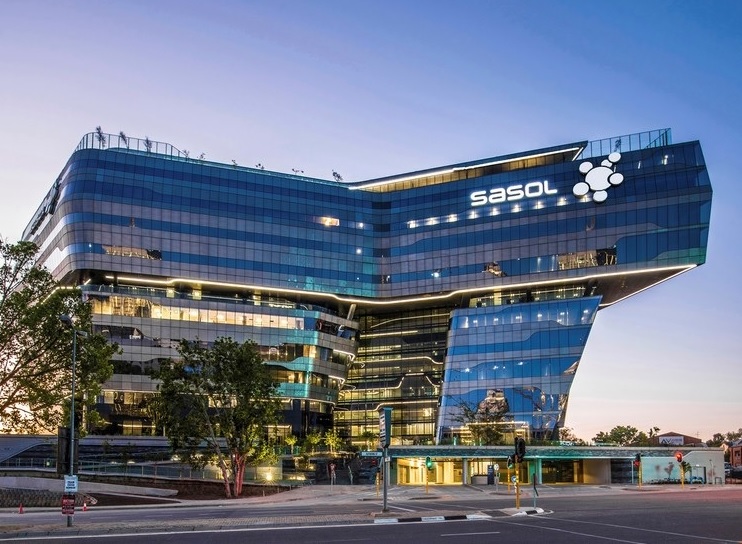
South African chemicals and energy company Sasol has announced that it has established Sasol Ventures to advance and fund its decarbonisation and 2050 net zero ambitions through venture capital.
The €50 million ($53 million) fund will pursue investments in startup and early-stage technologies that will enable Sasol to meet the need for sustainable chemicals and energy solutions to decarbonise its business, communities and the markets it serves globally.
In a statement last week, the company stated that it will disburse the fund over the next five years, making it the largest chemicals and industry venture capital fund in South Africa.
Sasol has partnered with Emerald Technology Ventures, a specialised global venture capital firm, to enable Sasol Ventures to source and evaluate opportunities with the objective of growing a portfolio for the fund.
“Through the partnership, Sasol has also directly invested in Emerald’s global energy transformation fund to maximise its innovation opportunities. It will complement Sasol’s existing Research and Technology capabilities in sourcing and evaluating technologies and solutions,” said Fleetwood Grobler, president and chief executive officer of Sasol.
IN OTHER NEWS FROM TECHCABAL
🚀Entering Tech #21: How to become a product marketer.
Bola Tinubu’s presidential election victory puts BVAS and technology in the spotlight again.
OPPORTUNITIES
- The 100x Impact Accelerator is open to applications from impact-driven social enterprises that work across eight sectors including health, climate and education. Selected enterprises will receive £150,000 grants and access to LSE’s world-class expertise, plus a 12-week programme of bespoke support from experts and social unicorn founders. Register by March 10.
- The Jasiri Talent Investor Programme is looking for highly driven individuals with a history of achievement and/or entrepreneurial action who aspire to launch a high-growth venture. Apply by April 23.
- The Growth Africa Accelerator Programme is calling for applications from ambitious and committed entrepreneurs from Kenya, Uganda, Ethiopia, Zambia or Ghana with the potential to grow and create impact through their businesses. Apply now.
- The HiiL Justice Accelerator Programme is now open for applications from Kenyan startups with solutions that help people resolve their legal problems. Eight selected startups will receive $10,000 in equity-free funding as well as the chance to win up to $21,000 on Demo Day. Apply by March 31, 2023.
- Google has announced that the Google for Startups Black Founders Fund is now accepting applications from Black founders across the African continent. Apply by March 26.
Are you a startup leveraging blockchain? Do you care about social impact? Mercy Corps Ventures is offering $1 million in grant funding to startups to pilot scalable web3 solutions that can drive resilience for underserved users in Africa.
This is partner content.









